When a Mom Can Bet on Her Children and Herself
At Jeremiah Program (JP), we often get the question, “Why focus on single moms?” We often answer, “Why not?” Women experience poverty at higher rates in our country, with American Indian, Black, and Latinx women being disproportionately impacted. These are facts.
We envision a world where poverty is no longer feminized, where race is not divorced from gender, where career and financial opportunities are not gentrified, and where women who experience poverty have a seat at the table to influence solutions for their families and their community.
Around 30% of single mothers and their children live below the poverty line, according to the Pew Research Center. The interesting thing is that poverty rates for women and men are nearly even throughout early adulthood, but, according to the Center for American Progress, the gap widens significantly for women during prime childbearing years — with women between the ages of 25 and 34 being 69% more likely to live in poverty. These, too, are facts.
At JP, we often say the pandemic laid bare what we have known for more than 25 years: moms, especially single moms, are essential workers, and when crisis strikes, they bear the burden. We see it every day. Single moms pursuing college degrees, like JP moms, aren’t extraordinary; they are simply great moms doing what great moms do — playing peek-a-boo, doing laundry, and making lunches while also studying for an upcoming exam.
JP sits at this incredible nexus of everything we are navigating as a country — supporting 100% women, 100% single moms experiencing poverty, 100% parents in pursuit of a college degree, and 80% BIPOC. And we know that they are navigating systems that were not built with them and their intersecting identities in mind.
To mitigate the disconnects, we are curating a support structure that allows a mom to bet on her child and herself. We make sure she has a plan in place — and coaching along the way — to complete her degree and chart a career path. We ensure that her children are supported academically and socioemotionally. We create the opportunity for her and her children to have safe housing. We partner with her to help her become the best version of herself through empowerment and leadership training, and we wrap it all in a nurturing community.
We are creating a world that doesn’t require a mom to choose which one of her identities to bring to a conversation about resources: student, parent, woman — the list goes on. As Audre Lorde so beautifully said, people in poverty don’t have single-issue struggles because they don’t live single-issue lives.
We encourage moms to both express gratitude and exercise frustration for bad public policy that feeds generational poverty. Influencing systems change is also their birthright. We want JP moms and all single moms to dream big dreams for themselves, their children, and their communities — and to have the opportunity to achieve those dreams.

